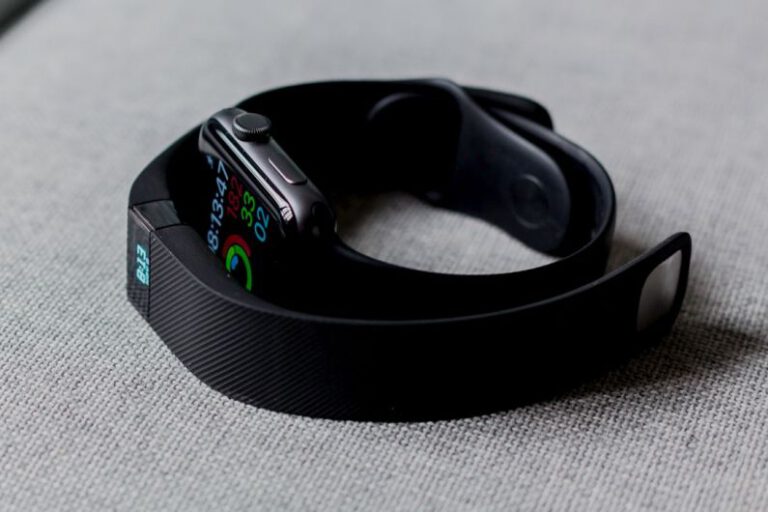Smart Education: the Classroom of Tomorrow
**Smart Education: the Classroom of Tomorrow**
Technological advancements have revolutionized every aspect of our lives, and education is no exception. The traditional model of education, with its emphasis on rote memorization and one-size-fits-all teaching methods, is gradually being replaced by a more dynamic and personalized approach. Smart education, which leverages technology to enhance the learning experience, is shaping the classroom of tomorrow.
**Empowering Learners with Personalized Learning**
One of the key features of smart education is personalized learning. This approach recognizes that each student has unique strengths, weaknesses, and learning styles. By utilizing adaptive learning platforms and artificial intelligence, educators can tailor lesson plans to meet the individual needs of each student. This not only ensures that students are engaged and motivated but also maximizes their learning potential.
**Interactive and Engaging Learning Experiences**
Smart education embraces interactive and engaging learning experiences. Virtual reality (VR) and augmented reality (AR) technologies are being increasingly integrated into classrooms, allowing students to explore concepts in a hands-on and immersive way. These tools make learning more interactive, stimulating, and memorable, thereby enhancing comprehension and retention.
**Blending Physical and Digital Learning Spaces**
The traditional classroom setup is evolving to encompass both physical and digital learning spaces. Blended learning models combine face-to-face instruction with online resources, enabling students to access a wealth of educational materials beyond the confines of the classroom. This hybrid approach fosters flexibility, accessibility, and collaboration, preparing students for the digital age.
**Real-Time Feedback and Assessment**
Smart education facilitates real-time feedback and assessment, enabling educators to monitor student progress and provide timely interventions. Through the use of learning analytics and data-driven insights, teachers can identify areas where students may be struggling and offer personalized support. This proactive approach to assessment ensures that students receive the assistance they need to succeed.
**Promoting Collaborative Learning and Communication**
Collaborative learning and communication are at the heart of smart education. Online platforms and communication tools facilitate collaboration among students, allowing them to work together on projects, exchange ideas, and provide feedback to one another. This fosters a sense of community, encourages teamwork, and cultivates essential 21st-century skills such as communication and collaboration.
**Preparing Students for the Future Workforce**
Smart education equips students with the skills and competencies they need to thrive in the future workforce. By integrating technology into the curriculum, students develop digital literacy, critical thinking, problem-solving, and creativity. These skills are essential in a rapidly evolving job market where adaptability and innovation are highly valued.
**Embracing Lifelong Learning**
Smart education promotes a culture of lifelong learning by empowering students to take ownership of their education. Through self-paced learning modules, online resources, and personalized learning pathways, students can continue to upskill and reskill throughout their lives. This emphasis on lifelong learning prepares individuals to navigate the complexities of the modern world and pursue continuous personal and professional growth.
**In Summary: Shaping the Future of Education**
In conclusion, smart education is reshaping the classroom of tomorrow by harnessing the power of technology to create personalized, interactive, and engaging learning experiences. By blending physical and digital learning spaces, providing real-time feedback and assessment, promoting collaborative learning, and preparing students for the future workforce, smart education is revolutionizing the way we teach and learn. Embracing lifelong learning, smart education is not just preparing students for the future but empowering them to thrive in a rapidly changing world. The classroom of tomorrow is here, and it is indeed a smart one.






